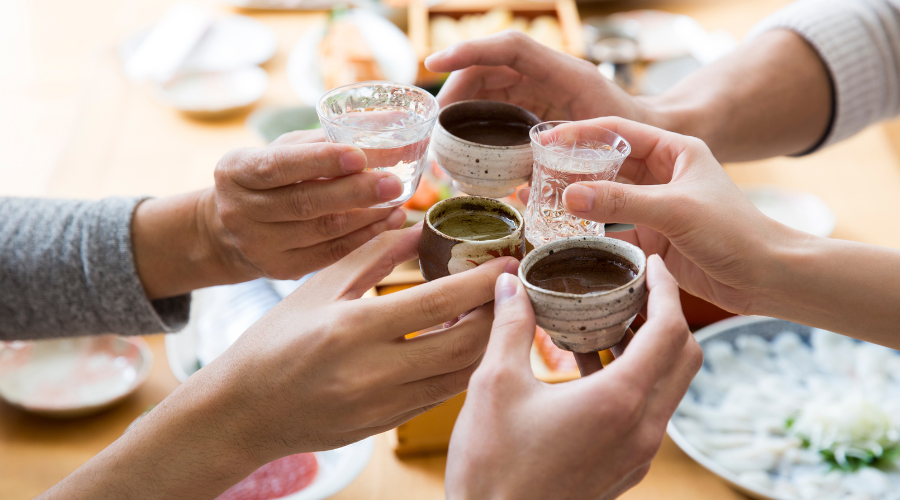Maia Laifungbam On Being India’s First Certified Sake Brewer
Meet Chef Maia Laifungbam- India's first certified sake brewer who has created three different recipes of the beverage using Indian varieties of rice and kōji mould that are imported from Japan.
For the people of Japan, their national beverage, sake, is more than just a drink. It is a way for them to come together, erase all differences, celebrate, and mark the beginning of something new.
Bringing the magic of this fermented rice-made alcoholic beverage to India is Maia Laifungbam, who is now the country’s first certified Toji (Japanese word for a sake master brewer) and has created three different recipes of the beverage using Indian varieties of rice and kōji mould that are imported from Japan.
In September, she will launch her eponymous sake brand, Maia, in Mumbai, Goa, and Karnataka.
“Considering the significance of sake in Japan, brewing it with indigenous varieties of rice is a cultural exchange between the two countries,” said Laifungbam in an exclusive chat with Outlook Traveller Eats.
Laifungbam And Her Relationship With Sake
The 31-year-old sake brewer started as a chef over a decade ago after graduating from culinary school in Manipal. As she went along, her affinity for Japanese cuisine blossomed. If there was one thing from the cuisine that she loved the most, it was ramen.
“When I opened a Japanese restaurant called Roboto in Goa, I discovered that sake did not find enough recognition among Indians since most of it was being imported from Japan and became unaffordable for most people,” said Laifungbam.
Paired with her exposure and love for the drink was a chef’s instinct to brew and prepare something of her own. “My exposure to the beverage and a lack of access to it in India piqued my interest and led me to travel to Japan to learn how to brew sake at a 300-year-old brewery,” added the brewer.

She trained at the three-century-old Yamamoto Honke brewery in Kyoto for three months during peak winter, when the temperature and climate are appropriate for sake brewing.
She only got a spot at the brewery after appearing for rounds of written tests and interviews at the Sake Sommelier Association in the United Kingdom.
“Being at the brewery allowed me to dive deep into the world of sake and understand the complex and labour-intensive processes that a rather simple-tasting drink goes through,” concluded Laifungbam.
The Process Of Brewing Sake
“When you take a sip of the beverage, there’s a slim chance that you will taste the attention to detail and complex processes behind brewing the clear, refreshing, and light beverage,” said Laifungbam.
Brewing sake is a 6-7 step, controlled and systematic process, providing much room for error. It begins with polishing the rice, followed by steaming it. The third step is one of the most important, involving inoculating the cooked rice with kōji fungus. This step converts rice starch into fermentable sugars and requires constant monitoring.
“This is one of the toughest steps for a brewer as it sometimes requires them to wake up every two hours to ensure that the moisture levels and temperature are both under control,” recounted the brewer.
This step is followed by fermentation, filtration, and finally bottling.
The sprinkling of kōji on steamed rice leads the latter to develop specific properties like kojic acid and other vitamins that make sake waste perfect for skin care.
“It takes only three ingredients– rice, water, and kōji fungus to prepare this drink. In addition, precision, hygiene, and close temperature monitoring are crucial to preparing sake,” added Laifungbam.
Emphasising the hygiene of the brewery, she mentioned that constant cleaning, rinsing, and wiping surfaces and keeping the environment clean can get 70% of the job done. Brewers also avoid using aromatic soaps to clean their vessels since the smell clings to the utensil and transfers it to the drink.
When I asked Laifungbam about her expectations around the receptivity of the Indian market towards the beverage, she sounded quite optimistic. “With how the market is progressing, I see great demand for craft wine and beverages. The Indian consumer and dining culture is such that people accept new flavours and support Indian-owned and run businesses,” she concluded.